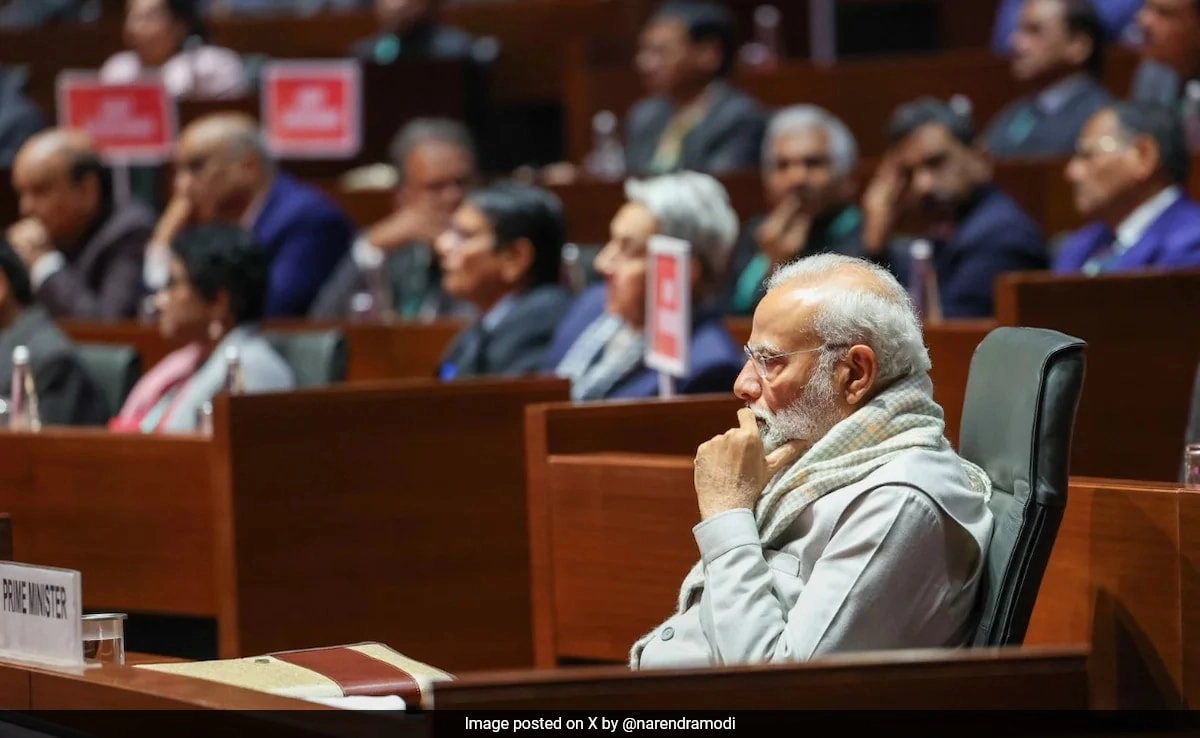The Delhi High Court has made a significant ruling regarding the disclosure of Prime Minister Narendra Modi’s educational qualifications, setting aside a prior decision by a panel that mandated the release of his degree information. This case has garnered considerable attention, given the political implications and public interest surrounding the educational backgrounds of prominent leaders. The panel had previously argued that the degree information was a matter of public record, and therefore, should be made accessible to citizens who seek transparency from their elected officials.
In its ruling, the High Court emphasized the importance of privacy and the right of individuals to keep certain personal information confidential. The judges noted that while public officials are expected to maintain a level of transparency, there are limits to what can be disclosed, especially when it comes to personal records that do not directly impact their public duties. This nuanced understanding of the balance between public interest and individual privacy raises important questions about the extent to which elected officials should be scrutinized regarding their personal lives, including their educational credentials.
The decision has sparked diverse reactions across the political spectrum, with some viewing it as a necessary protection of personal rights, while others argue that it undermines the principles of accountability. Critics of the ruling contend that transparency in educational qualifications is essential for assessing the credibility and competence of leaders, especially in a democratic society where voters rely on such information to make informed choices. Supporters, on the other hand, believe that the ruling reinforces the idea that personal details should remain private unless there is a compelling public interest in disclosing them.
This case highlights ongoing debates in India about the qualifications and backgrounds of political leaders, as well as the broader implications for governance and accountability. As the public continues to demand more transparency from politicians, the courts play a crucial role in navigating these complex issues. The Delhi High Court’s decision not only impacts the specific case involving Prime Minister Modi but also sets a precedent for how similar cases may be handled in the future, influencing the relationship between public figures and the electorate. Ultimately, this ruling reflects the delicate balance between the right to information and the right to privacy in a democratic society.




